Tornado Cash: Treasury Attempts To Block Sanctions Judgement
The Treasury has filed a notice to stop a Texas district court from issuing a final judgement on Tornado Cash's sanctions reversal, attempting to retain powers to list software like Tornado Cash on OFAC's SDN list.

Last week, the Treasury Department removed Tornado Cash from the OFAC Specially Designated Nationals and Blocked Persons List (SDN List), reversing US sanctions on the software.
Now the Treasury is attempting to stop the courts from granting a so-called motion for partial summary judgement, which would ensure that the Treasury cannot re-list Tornado Cash, or any software like Tornado Cash, on OFAC's SDN list.
Tornado Cash's removal from the SDN list came after the Fifth Circuit classified a Texas district court's decision to designate the Ethereum software as a sanctioned entity as unlawful last November, clarifying that software like Tornado Cash is not covered under the current design of the International Emergency Economic Powers Act (IEEPA).
As the Fifth Circuit found: "[T]he foremost task of legal interpretation is divining what the law is, not what the judge-interpreter wishes it to be. IEEPA grants the President broad powers to regulate a variety of economic transactions, but its language is not limitless." Effectively, the Fifth Circuit declined to interpret IEEPA to include software like Tornado Cash, which, as the court notes, was established in 1977 – "years before the modern Internet was even invented."
If Congress deemed it fit to amend IEEPA to include software like Tornado Cash under its authority, it may choose to do so, the court effectively argued, and Treasury overstepped its authority by listing Tornado Cash on OFAC's SDN list.
In conclusion, the Fifth Circuit directed the Texas district court, in which a group of people originally sued against Treasury's sanctions on Tornado Cash, to grant a previously filed motion for partial summary judgement – a request for pre-trial ruling warranted when "there is no genuine dispute as to any material fact," in which the plaintiff's clearly laid out that software like Tornado Cash falls out of scope of IEEPA.
The Texas district court, which has not yet acted on the Fifth Circuit's ruling, may now choose to do one of two things: it may find that sanctions on Tornado Cash do not apply to the plaintiffs – which wouldn't make much sense, as anyone wanting to use Tornado Cash would then have to sue independently – or grant so-called national vacateur: reversing sanctions entirely.
After Treasury reversed the sanctions on Tornado Cash, the agency on Friday filed a notice with the Texas district court declaring that it is not necessary anymore for the Texas court to grant plaintiff's motion for partial summary judgement, because it had removed Tornado Cash from OFAC's sanctions list.
But unless the Texas district court issues a ruling, no binding court order exists that would stop the Treasury from sanctioning other software like Tornado Cash, or from relisting Tornado Cash on OFAC's SDN list at a later point in time.
It is this ability the Treasury appears to be attempting to retain with its Friday motion, trying to stop the issuance of a binding court order. It makes clear: the Treasury wants to, and likely will, continue to go after privacy services like Tornado Cash.
The plaintiffs describe Treasury's response to the Fifth Circuit's order as "a study in chaos." First the department set a deadline for February 17th to respond to the Fifth Circuits decision, then it requested a two month extension, then it asked the court to grant remedy merely to the plaintiffs without vacateur, only to three days later remove Tornado Cash from the SDN list.
"Enough is enough," the plaintiffs argue. "It is time for this Court to do what the Fifth Circuit ordered months ago. Plaintiffs’ motion for partial summary judgment on Count 1 must be granted, and Defendants’ designation must be held unlawful and set aside." Treasury overstepped its authority, and "the losing party obviously cannot escape that judgment by suspending its challenged conduct before judgment is entered." If that were the case, the plaintiffs argue, "no case would ever be litigated through judgment," calling the Treasury's actions "absurd."
Paired with the agency's stark warning for users of software like Tornado Cash last week, and its reiteration that fighting illicit actors in the cryptocurrency space is a top priority, the Treasury's war on privacy seems far from over.
Independent journalism does not finance itself. If you enjoyed this article, please consider donating to our Geyser Fund.





